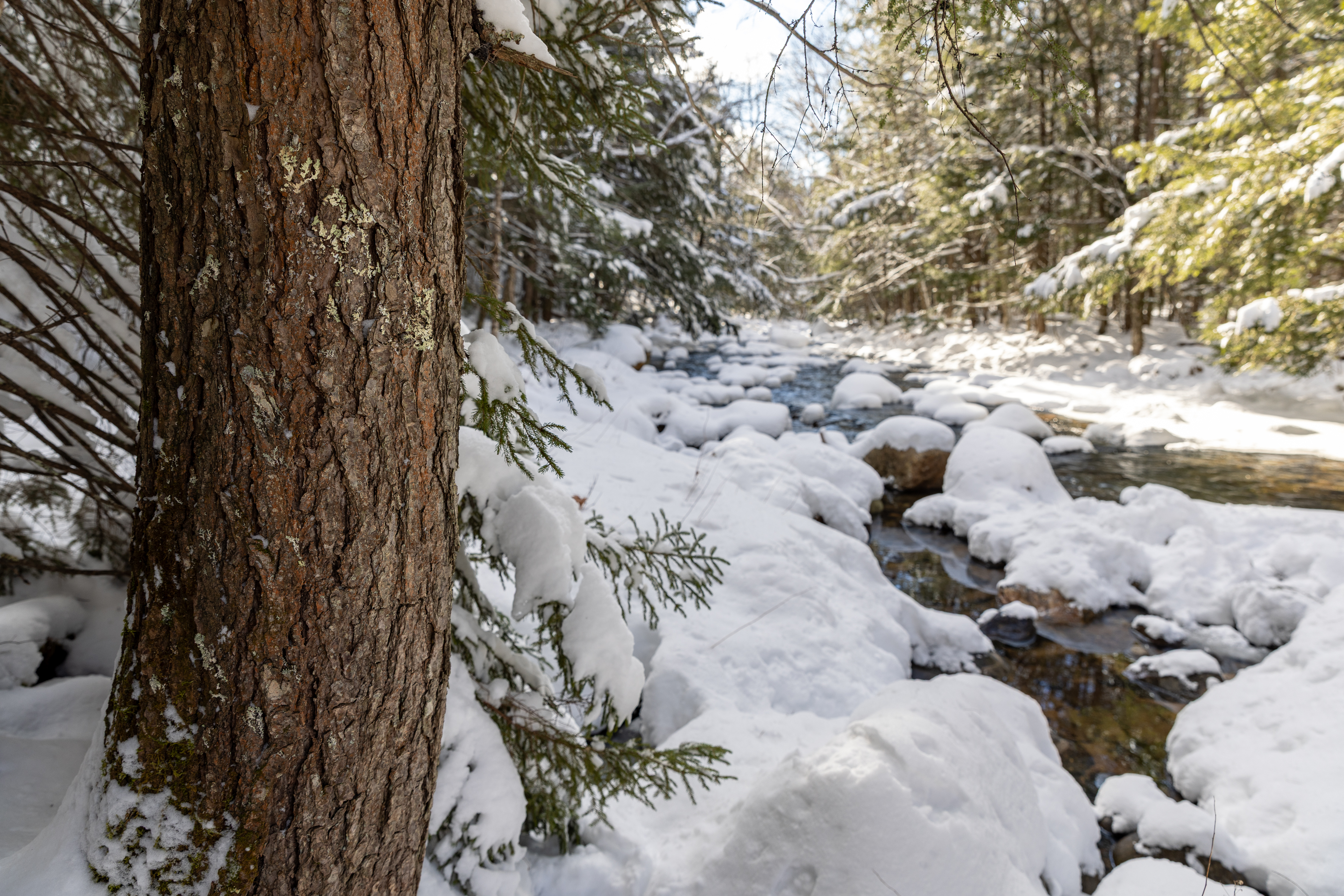Vermont Model Shows Alternative is Viable
- Tags:
- Northern Pass
by Jane A. Difley and John D. Judge
It’s time for the out-of-state and out-of-country interests pushing the current Northern Pass proposal to bury the private transmission line along appropriately designated transportation corridors. A similar project in Vermont shows it can be done.
The fast-track toward approval of the 154-mile New England Clean Power Link highlights the benefits of burying transmission lines along state highways. That project has leapfrogged Northern Pass in the quest for permitting by utilizing 56 miles of existing road rights-of-way and running along the floor of Lake Champlain. It would serve the same purpose as Northern Pass by enabling Canadian hydropower generators to market more energy to southern New England.
In terms of scenic degradation, vulnerability to catastrophic weather events and alteration of prized public lands, Northern Pass has it all wrong. Perhaps that’s why, nearly five years since its proposal went public, the opposition to Northern Pass among New Hampshire residents is stronger than ever.
New Hampshire’s citizens know Northern Pass as proposed is a wrong-headed project and that its 2,300-plus steel towers across more than 180 miles would destroy the state’s lifeblood: the iconic scenic views that draw millions of visitors to the state’s mountains and forests, feeding our tourism-dependent economy. Furthermore, Northern Pass is wholly incompatible with such conservation gems as the White Mountain National Forest and the Appalachian National Scenic Trail, both of which would be negatively affected.
New Hampshire’s people know it is wrong to have our scenic beauty and environmental legacy sacrificed for the money-making interests of private power producers.
At public meetings and hearings, and in written testimony, the public has spoken out against this damaging and unnecessary project. Thirty-one impacted towns have voted to oppose it.
The U.S. Department of Energy has received more than 7,500 comments, largely negative, about Northern Pass. Given that public push-back, DOE is studying no fewer than 24 alternatives to the project.
By comparison, things on the Vermont side of the border look very different. The Clean Power Link project has generated just 12 written comments. Two alternatives were reviewed in its Draft Environmental Impact Statement, which was released in May, just one year after the application was submitted.
The environmental impact of the Vermont project appears to be far less than the impact of the Northern Pass proposal. Using modern technology, the Vermont cables would rest in a 4-foot-deep-by-4-foot-wide trench alongside public rights of way, or submerged in Lake Champlain. TDI, the transmission developer, will pay the state of Vermont $21 million annually for its use of road rights-of-way and will create an additional $298 million Public Good Benefit Fund.
In contrast, what does New Hampshire get? Steel towers 155-feet high looming over the tree canopy and scarring scenic views. Negative impacts on resources of regional and national significance. The danger of power outages due to wind, snow and ice storms due to vulnerable, overhead lines. Damage to the state’s tourism economy, and no lease payments to support the state budget.
The Appalachian Mountain Club, the Society for the Protection of New Hampshire Forests and our respective members have long defended New Hampshire’s scenic landscapes. As we contemplate the Northern Pass vision, we are reminded of another wrong-headed proposal.
In the 1950s, the federal Department of Transportation proposed blasting a four-lane superhighway through Franconia Notch. We objected. Ultimately, a compromise was reached and the two-lane Franconia Notch Parkway was built.
The Northern Pass DEIS will be published soon – the first step in a very long permitting process with a very uncertain outcome. We believe that it’s time the executives at Eversource and Hydro-Quebec recognize that their own interests may be best served by respecting the wishes of New Hampshire people and the landscapes we cherish. We call on Eversource and Hydro-Quebec to look at the benefits of the Vermont model and put forward a proposal that buries Northern Pass for its entire length.
There are many who point to the downsides of importing more power from Quebec and call for no new transmission lines. We see no need for the Northern Pass project. But burying the Northern Pass would prevent at least the selling out of New Hampshire and the natural resources of regional and national significance on which the livelihoods of Granite State citizens depend.
(Jane Difley is president/forester for the Society for the Protection of New Hampshire Forests. John D. Judge is president of the Appalachian Mountain Club.)
